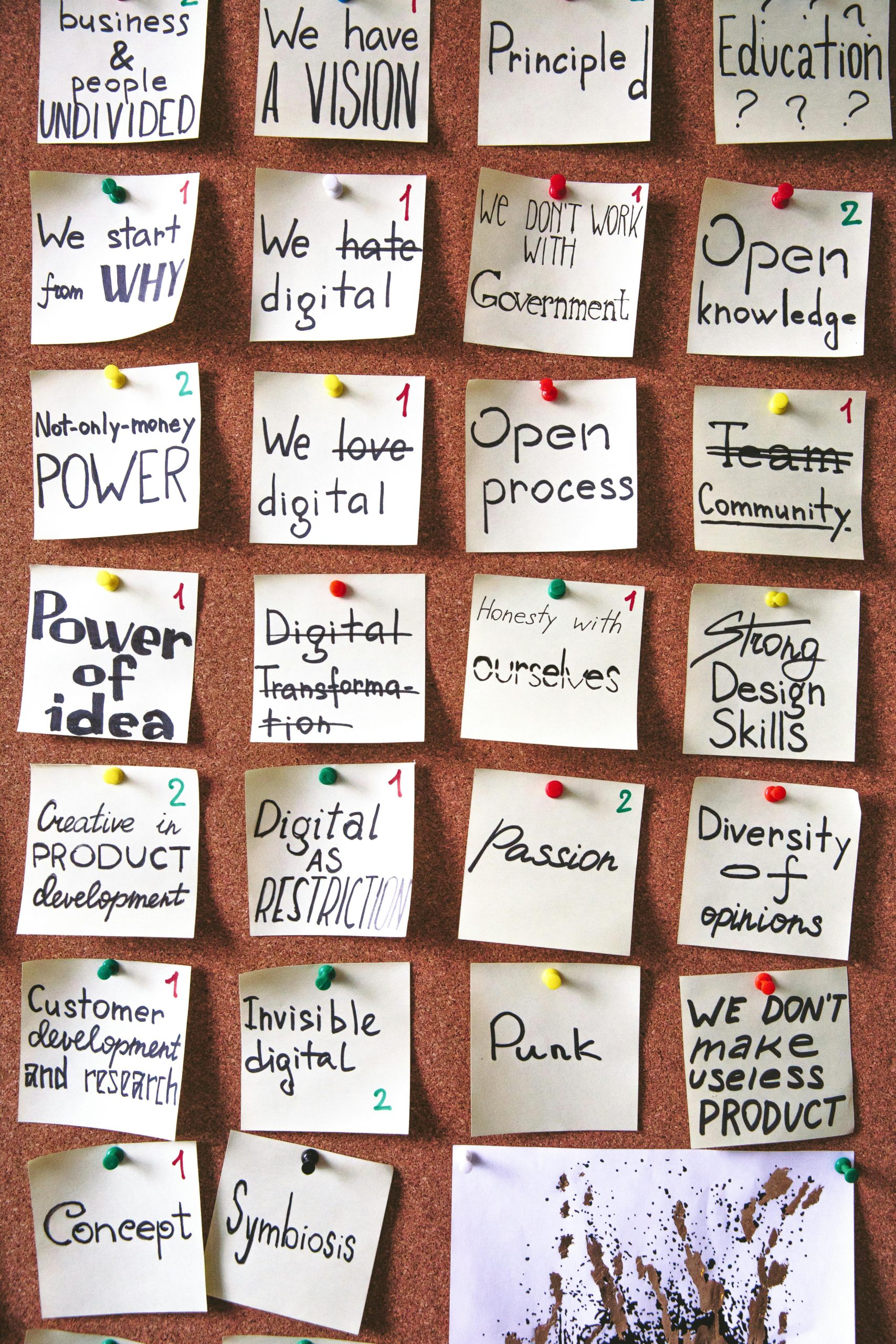Balancing Equity and Ethical Choices in Public Education: A Parent’s Perspective
The debate over how families should navigate their children’s education—whether to advocate fiercely within public school systems or to secure private alternatives—raises important ethical and philosophical questions. As educators and parents alike consider these choices, understanding the broader implications for equity and system improvement becomes essential.
The Ethical Dilemma: Fighting for Public Education or Opting for Private Resources?
For parents whose children face challenges within the mainstream classroom, one pressing question is: Is it more ethical to challenge school districts to provide a free and appropriate public education (FAPE) or to invest privately in resources and alternatives?
On one hand, utilizing legal avenues to secure better services often means channeling public funds toward a specific child’s needs. Critics argue that this could divert resources away from other students or strain already limited budgets. Conversely, some believe that parental advocacy—especially through legal means—can catalyze systemic improvements that benefit all students, possibly urging districts to allocate resources more effectively and develop inclusive practices.
Public Education: A Shared Responsibility
Throughout my life, I have valued public education deeply. My conviction is that if parents are capable of making the system work for their child, they should aim to do so. The strength of public education relies on inclusive participation; when only those who can afford alternative options opt out, it can weaken the system, leaving behind students who depend solely on public resources.
Prioritizing the Child’s Needs
However, it’s crucial to remember that children are individuals first—they are not merely symbols of parental values or logistical pawns. Their well-being and developmental needs must always come first. For parents of children with specialized needs or suspected conditions, conventional public schools can pose significant obstacles, making alternative options, such as private resources or homeschooling, necessary and justified.
Reflecting on Ethical Choices
Ultimately, families must navigate complex considerations about fairness, responsibility, and the best way to serve their children’s educational and emotional needs. While advocating for systemic change through public channels can be beneficial, it’s equally important to prioritize what’s ethically right for each child’s unique circumstances.
As I prepare to send my own child into the public school system, these questions resonate profoundly. Every parent’s decision involves weighing individual needs against broader societal reflections—an ongoing conversation about how we, as a community, can create an equitable and supportive educational environment for all children.
